Home>Home Appliances>Cleaning Appliances>What Is A HEPA Filter In A Vacuum Cleaner
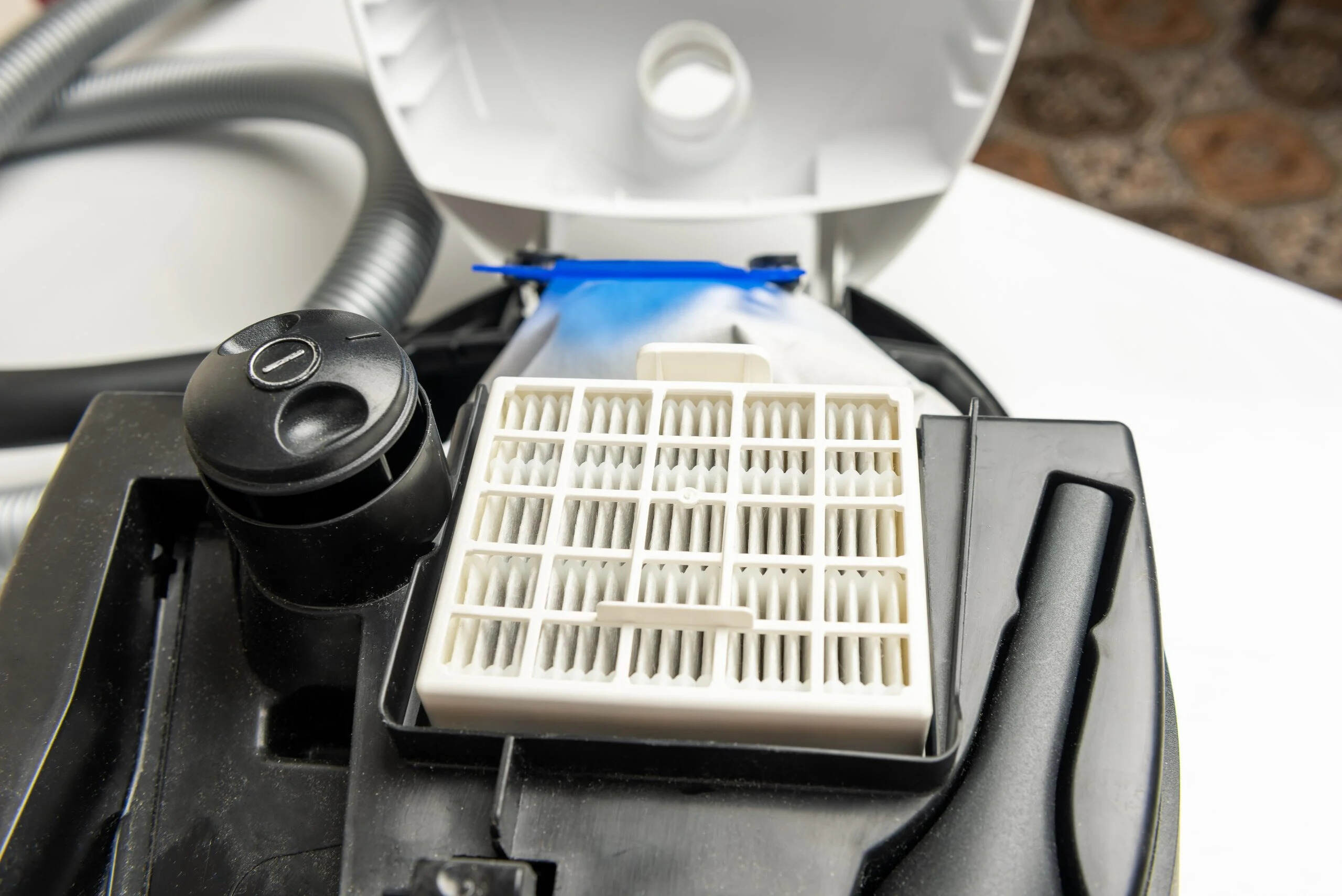

Cleaning Appliances
What Is A HEPA Filter In A Vacuum Cleaner
Modified: January 4, 2024
Learn how HEPA filters in vacuum cleaners improve air quality and reduce allergens. Find out how to choose the best vacuum cleaner for your cleaning appliances.
(Many of the links in this article redirect to a specific reviewed product. Your purchase of these products through affiliate links helps to generate commission for Storables.com, at no extra cost. Learn more)
Introduction
Introduction
When it comes to keeping our homes clean and free of allergens, a reliable vacuum cleaner is an indispensable tool. However, not all vacuum cleaners are created equal, and understanding the role of a HEPA filter in a vacuum cleaner is crucial for maintaining a healthy indoor environment. In this article, we will delve into the inner workings of a HEPA filter, its benefits, and the key considerations for selecting a vacuum cleaner equipped with this advanced filtration technology. Whether you are a homeowner seeking a cleaner living space or a cleaning professional aiming to provide top-notch service, grasping the significance of a HEPA filter in a vacuum cleaner is essential for achieving optimal cleanliness and air quality. Let's embark on a journey to uncover the wonders of HEPA filtration and its impact on the efficacy of vacuum cleaners.
How Does a HEPA Filter Work?
Key Takeaways:
- HEPA filters in vacuum cleaners capture tiny particles, reducing allergens and improving air quality for healthier homes and cleaner living spaces.
- When choosing a vacuum with a HEPA filter, consider filtration efficiency, vacuum sealing, filter replacement, and brand reputation for optimal cleaning performance.
Read also: 9 Best Hepa Filter Vacuum Cleaner For 2025
How Does a HEPA Filter Work?
High-Efficiency Particulate Air (HEPA) filters are renowned for their exceptional ability to trap microscopic particles, making them an invaluable component of modern vacuum cleaners. These filters are designed to capture particles as small as 0.3 microns with an impressive efficiency of 99.97%, ensuring that even the tiniest allergens and pollutants are effectively removed from the air.
HEPA filters operate through a combination of three mechanisms: interception, impaction, and diffusion. When air laden with particles passes through the filter, the larger particles are captured through impaction, as they are unable to navigate the convoluted fibers and collide with them. Meanwhile, smaller particles are intercepted as they flow through the filter, adhering to the fibers due to the air streamlines. Finally, the diffusion process causes the smallest particles to collide with gas molecules, leading them to adhere to the filter fibers.
By harnessing these intricate principles, HEPA filters can effectively purify the air, making them instrumental in reducing allergens, dust, pet dander, and other airborne contaminants. This advanced filtration technology ensures that the expelled air from the vacuum cleaner is significantly cleaner than the ambient air, contributing to a healthier indoor environment.
Benefits of Using a HEPA Filter in a Vacuum Cleaner
Benefits of Using a HEPA Filter in a Vacuum Cleaner
The utilization of a HEPA filter in a vacuum cleaner offers a multitude of benefits, making it a pivotal feature for those seeking enhanced cleanliness and air quality in their living spaces. Here are the key advantages of incorporating a HEPA filter into your vacuum cleaner:
- Efficient Allergen Removal: HEPA filters excel at capturing allergens, such as pollen, dust mites, and pet dander, providing relief to allergy sufferers and promoting a healthier indoor environment.
- Enhanced Air Quality: By trapping microscopic particles, HEPA filters contribute to improved air quality, reducing the presence of airborne pollutants and enhancing overall respiratory health.
- Effective Pet Hair Removal: For pet owners, HEPA filters are invaluable in efficiently capturing pet hair and dander, preventing them from circulating in the air and settling on surfaces.
- Reduced Dust Circulation: With their high capture efficiency, HEPA filters minimize the circulation of dust particles during vacuuming, leading to cleaner floors and reduced dust accumulation in the home.
- Odor Elimination: Some HEPA filters are equipped with activated carbon layers, capable of absorbing odors and volatile organic compounds, further enhancing the air purification process.
- Health Benefits: By creating a healthier indoor environment through superior air filtration, HEPA filters contribute to mitigating respiratory issues and promoting overall well-being.
These benefits underscore the profound impact of HEPA filters in elevating the performance of vacuum cleaners, making them an indispensable asset for maintaining a clean and healthy home environment.
Considerations When Choosing a Vacuum Cleaner with a HEPA Filter
When choosing a vacuum cleaner, look for one with a HEPA filter. This type of filter can trap small particles like dust, pollen, and pet dander, making the air in your home cleaner and healthier to breathe.
Considerations When Choosing a Vacuum Cleaner with a HEPA Filter
When selecting a vacuum cleaner equipped with a HEPA filter, several key considerations should be taken into account to ensure optimal performance and suitability for your cleaning needs. Here are the essential factors to consider:
- Filtration Efficiency: Verify the filtration efficiency of the HEPA filter, ensuring that it meets the industry standard of capturing 99.97% of particles sized 0.3 microns or larger, as certified by regulatory bodies.
- Vacuum Sealing: Opt for a vacuum cleaner with a well-sealed system to prevent air leakage, ensuring that the filtered air is not contaminated by unfiltered particles, thereby maximizing the effectiveness of the HEPA filtration.
- Filter Replacement: Consider the ease of replacing the HEPA filter and the associated costs, as regular maintenance is crucial for sustaining the filtration efficacy of the vacuum cleaner.
- Vacuum Type and Features: Evaluate the type of vacuum cleaner that best suits your needs, whether it is an upright, canister, or stick vacuum, and consider additional features such as adjustable suction power, brush attachments, and maneuverability.
- Allergen Containment: Assess the vacuum’s capacity to contain captured allergens, ensuring that the design prevents the particles from escaping back into the environment during disposal or filter replacement.
- Noise Level: Take into consideration the noise level of the vacuum cleaner, especially if you prefer a quieter cleaning experience, and seek models designed for reduced operational noise.
- Dust Bin Capacity: Evaluate the dust bin capacity to ensure it aligns with the size of the area you intend to clean, minimizing the frequency of emptying the bin during cleaning sessions.
- Brand Reputation and Warranty: Research the reputation of the vacuum cleaner brand and consider the warranty coverage, as reputable brands often offer reliable products and comprehensive warranty support.
By carefully considering these factors, you can make an informed decision when choosing a vacuum cleaner equipped with a HEPA filter, ensuring that it effectively meets your cleaning requirements while promoting a healthier indoor environment.
Conclusion
Conclusion
The incorporation of a HEPA filter in a vacuum cleaner represents a significant leap forward in cleaning technology, offering unparalleled benefits in indoor air quality and allergen reduction. By harnessing the exceptional filtration capabilities of HEPA filters, vacuum cleaners equipped with this advanced technology play a pivotal role in creating cleaner, healthier living environments for households and commercial spaces alike.
Through the intricate mechanisms of interception, impaction, and diffusion, HEPA filters efficiently capture microscopic particles, including allergens, dust mites, pet dander, and airborne pollutants, thereby contributing to improved air quality and respiratory health. The utilization of HEPA filters in vacuum cleaners is particularly beneficial for allergy sufferers, pet owners, and individuals seeking to minimize dust accumulation and maintain a pristine living space.
When selecting a vacuum cleaner with a HEPA filter, it is essential to consider factors such as filtration efficiency, vacuum sealing, filter replacement, vacuum type, allergen containment, noise level, dust bin capacity, and brand reputation. By carefully evaluating these considerations, consumers can make informed choices that align with their cleaning needs and preferences, ensuring optimal performance and long-term satisfaction with their chosen vacuum cleaner.
In essence, the integration of HEPA filters in vacuum cleaners represents a commitment to elevating cleaning standards and promoting healthier indoor environments. As the demand for cleaner air and more effective allergen removal continues to grow, HEPA-equipped vacuum cleaners stand as a testament to the ongoing advancements in cleaning technology, offering a compelling solution for those striving to achieve a higher level of cleanliness and well-being in their homes and workplaces.
By understanding the inner workings of HEPA filters, recognizing their myriad benefits, and making informed choices when selecting vacuum cleaners, individuals can embark on a journey toward cleaner, healthier living spaces, empowered by the transformative capabilities of HEPA filtration technology.
Frequently Asked Questions about What Is A HEPA Filter In A Vacuum Cleaner
Was this page helpful?
At Storables.com, we guarantee accurate and reliable information. Our content, validated by Expert Board Contributors, is crafted following stringent Editorial Policies. We're committed to providing you with well-researched, expert-backed insights for all your informational needs.
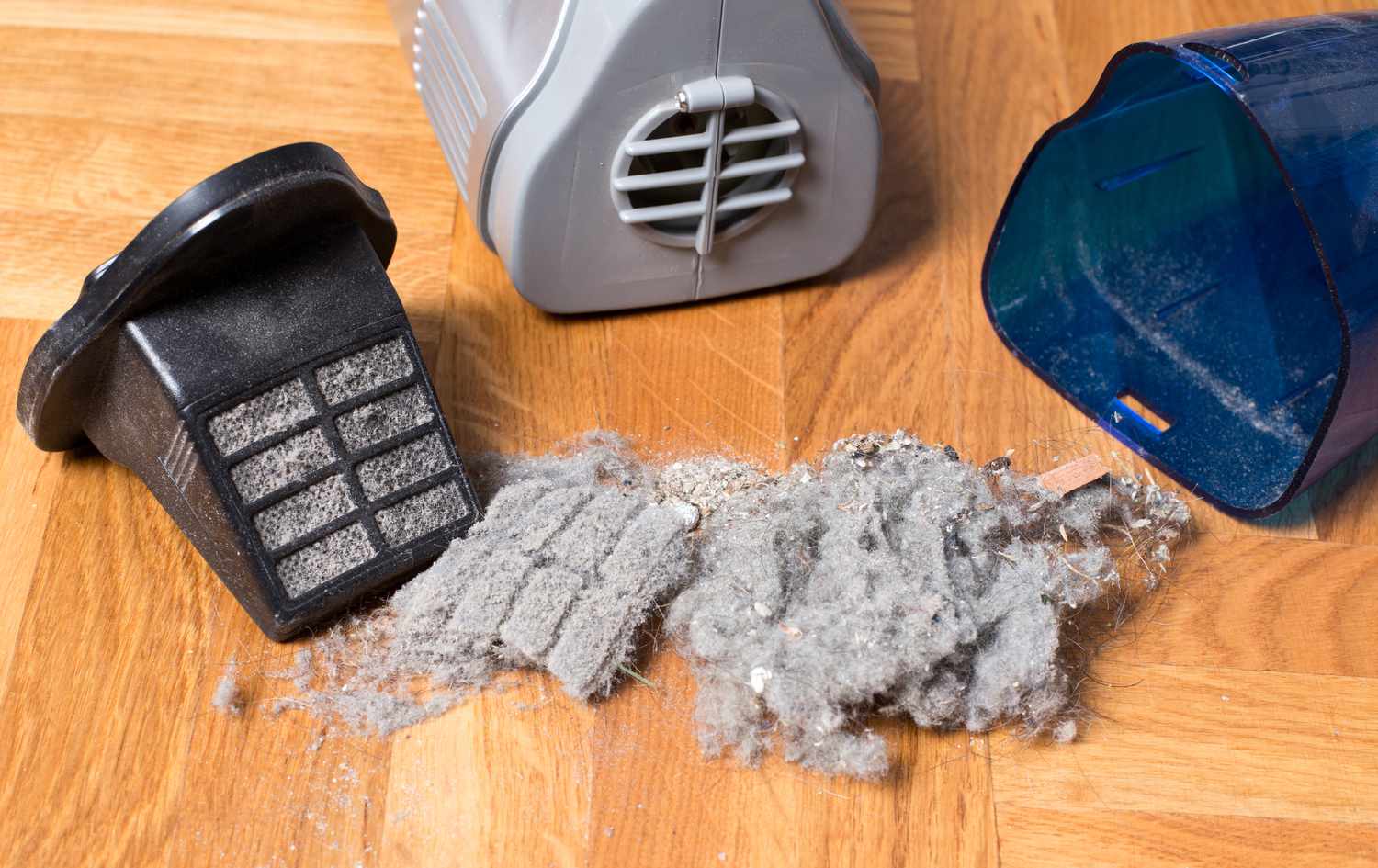
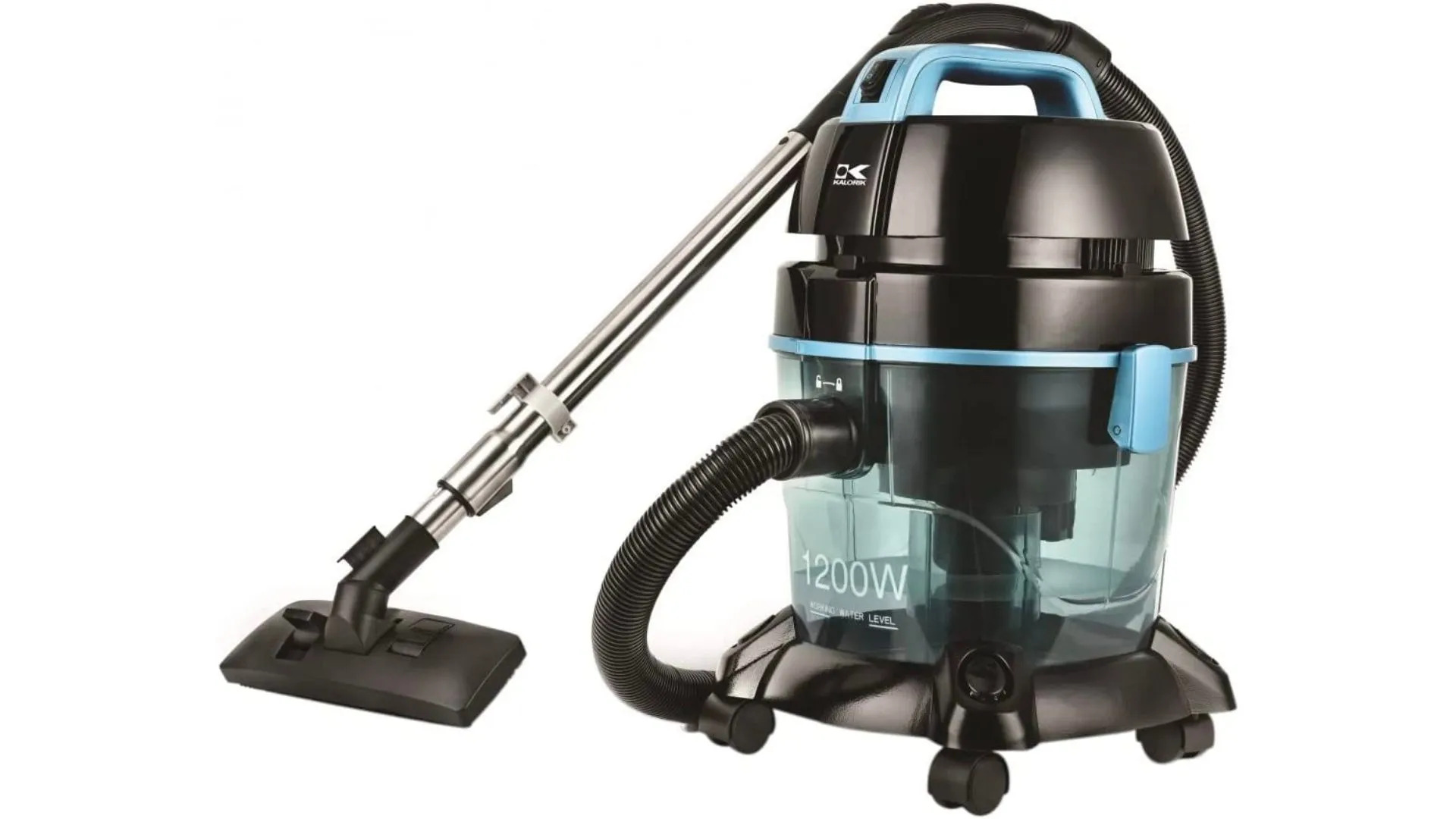
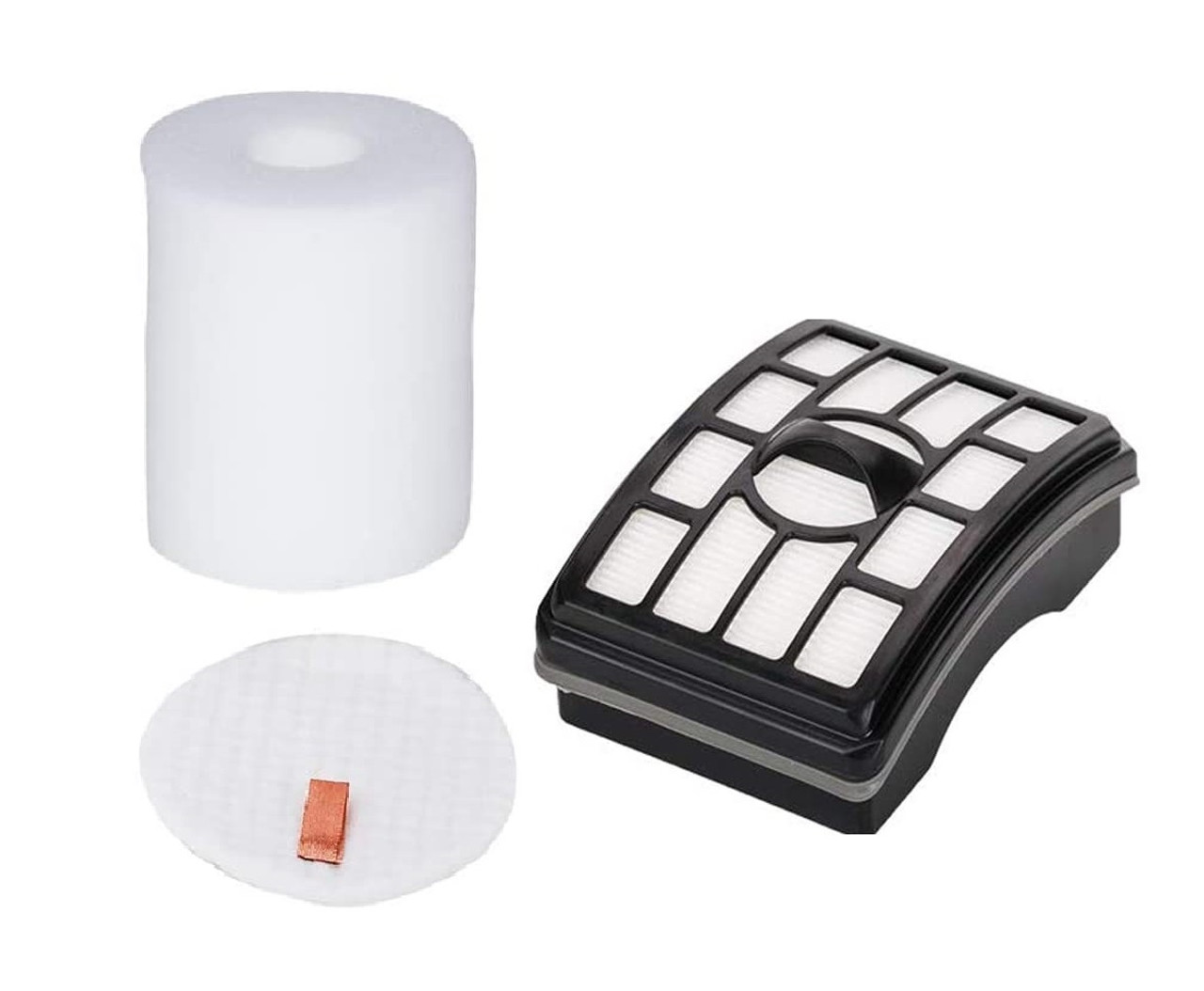
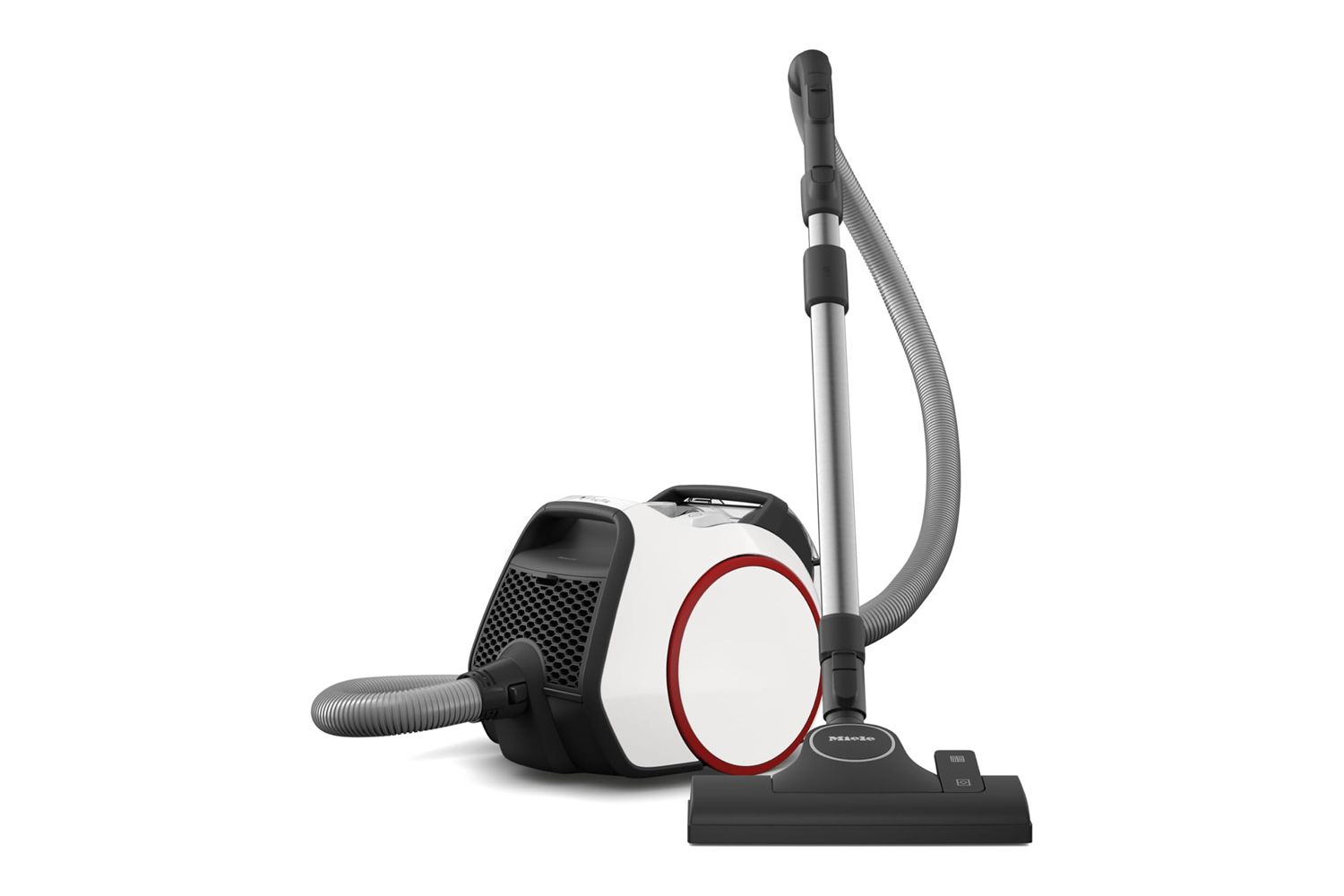
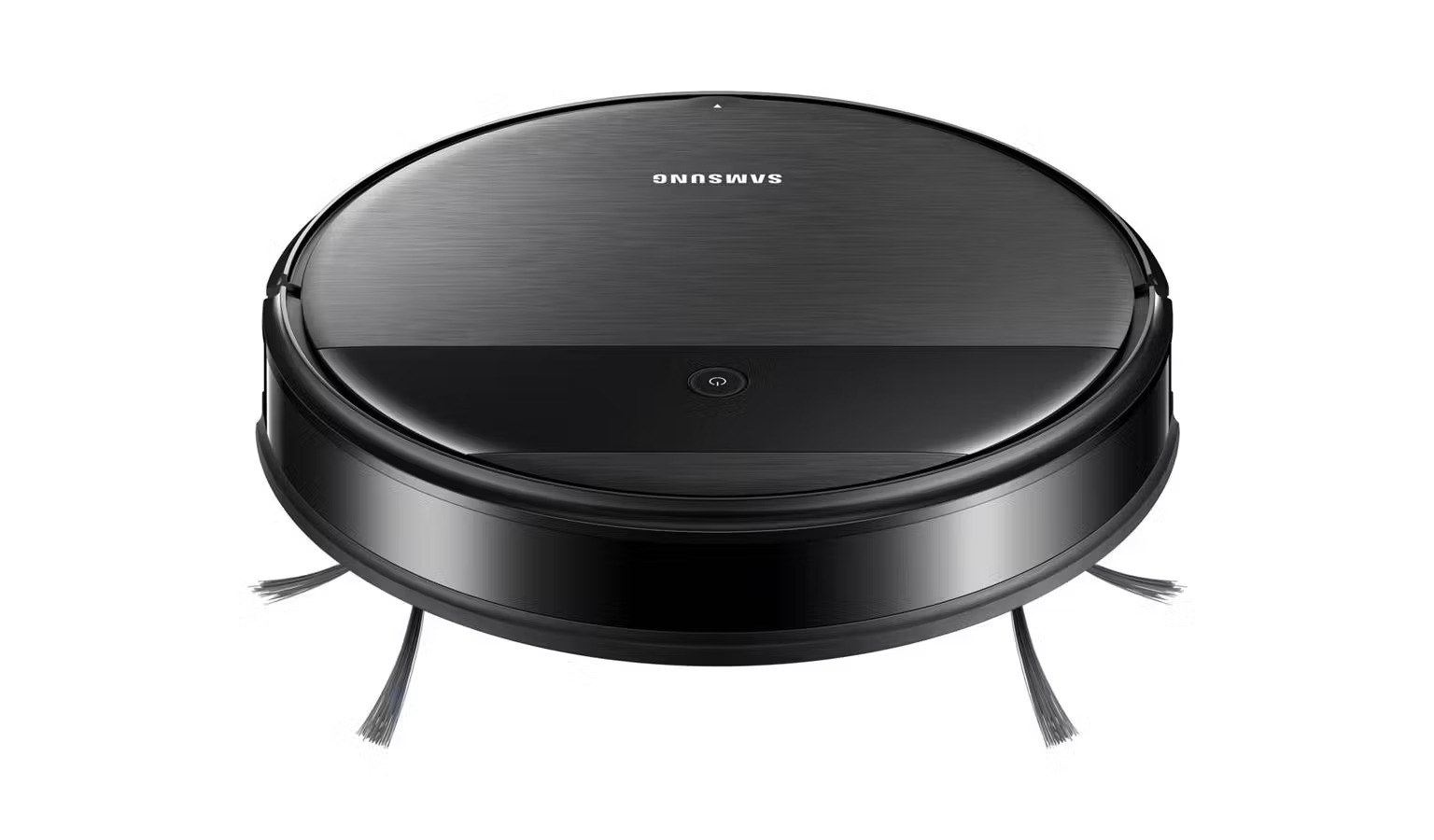
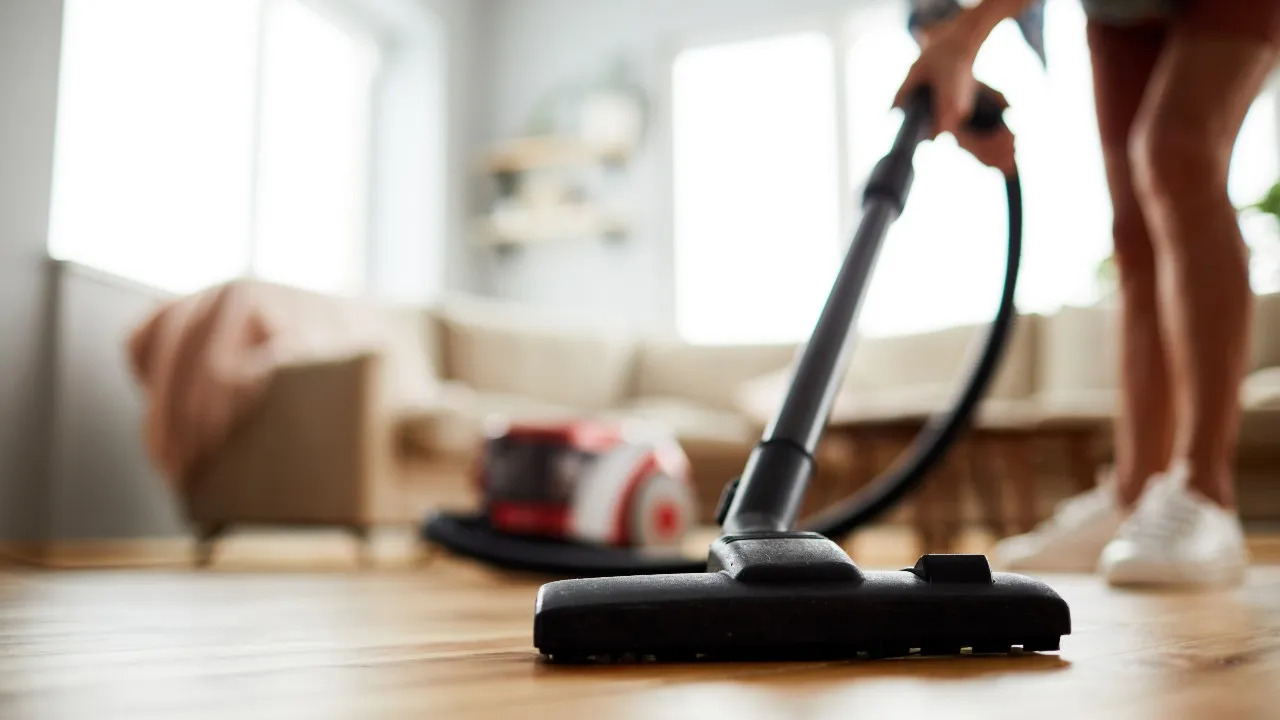
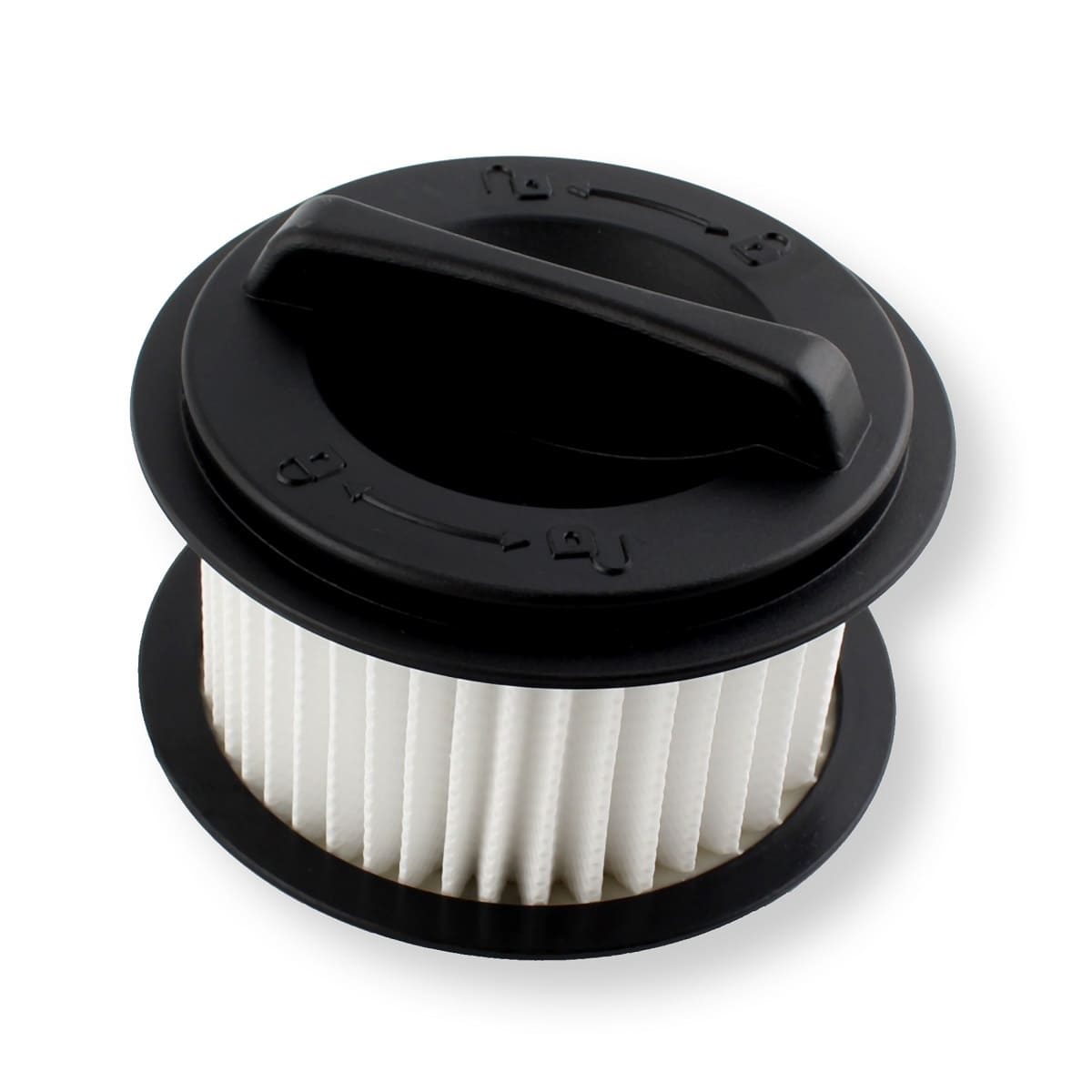
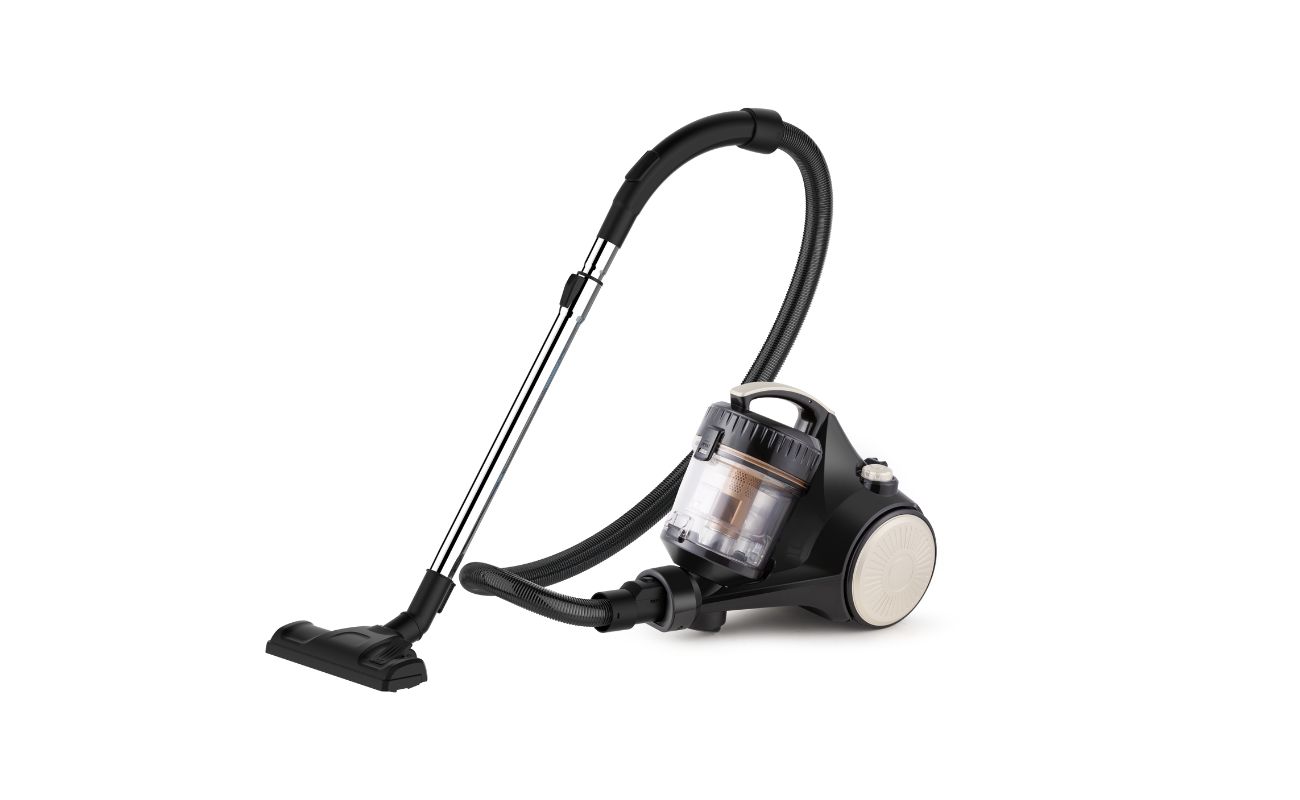
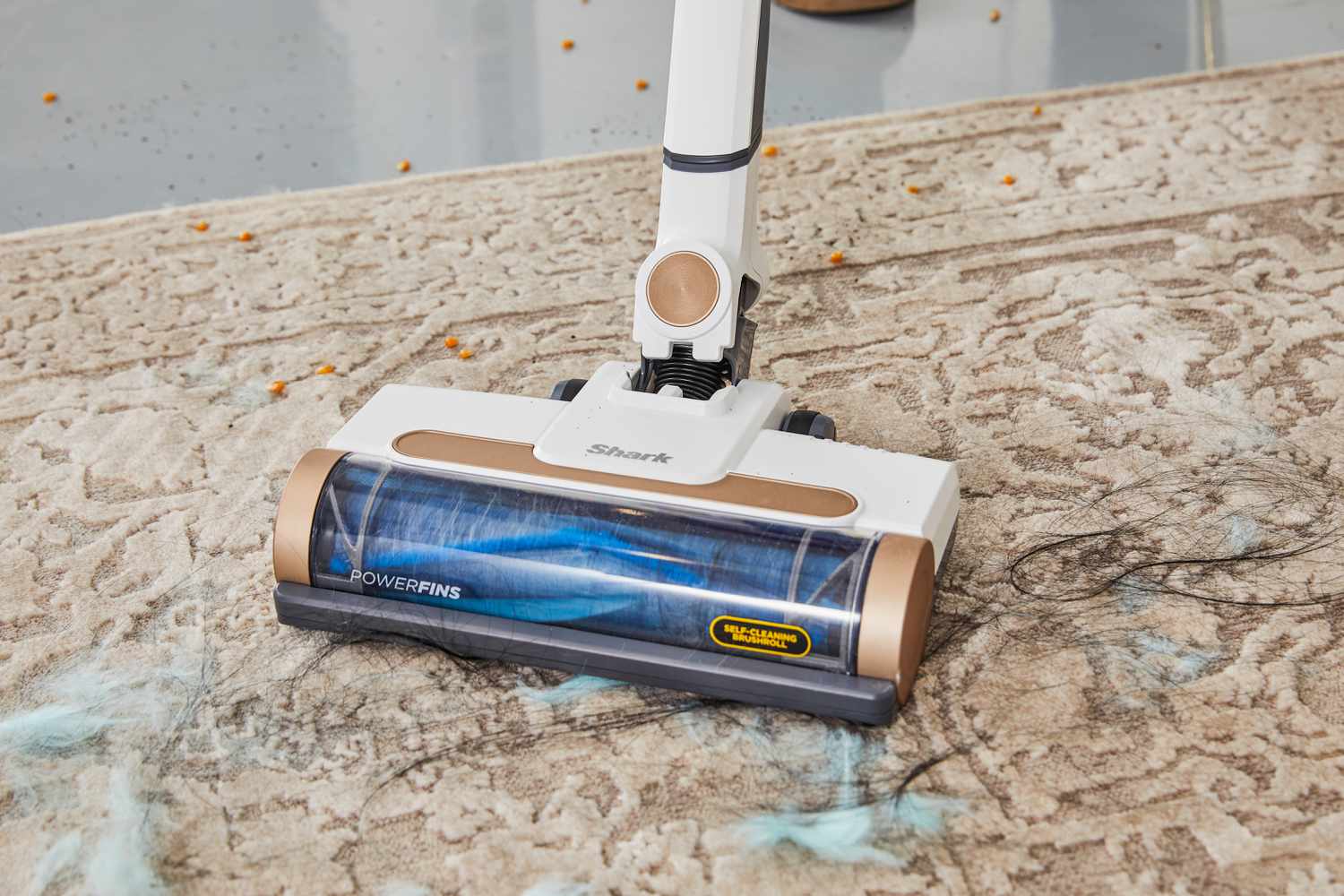
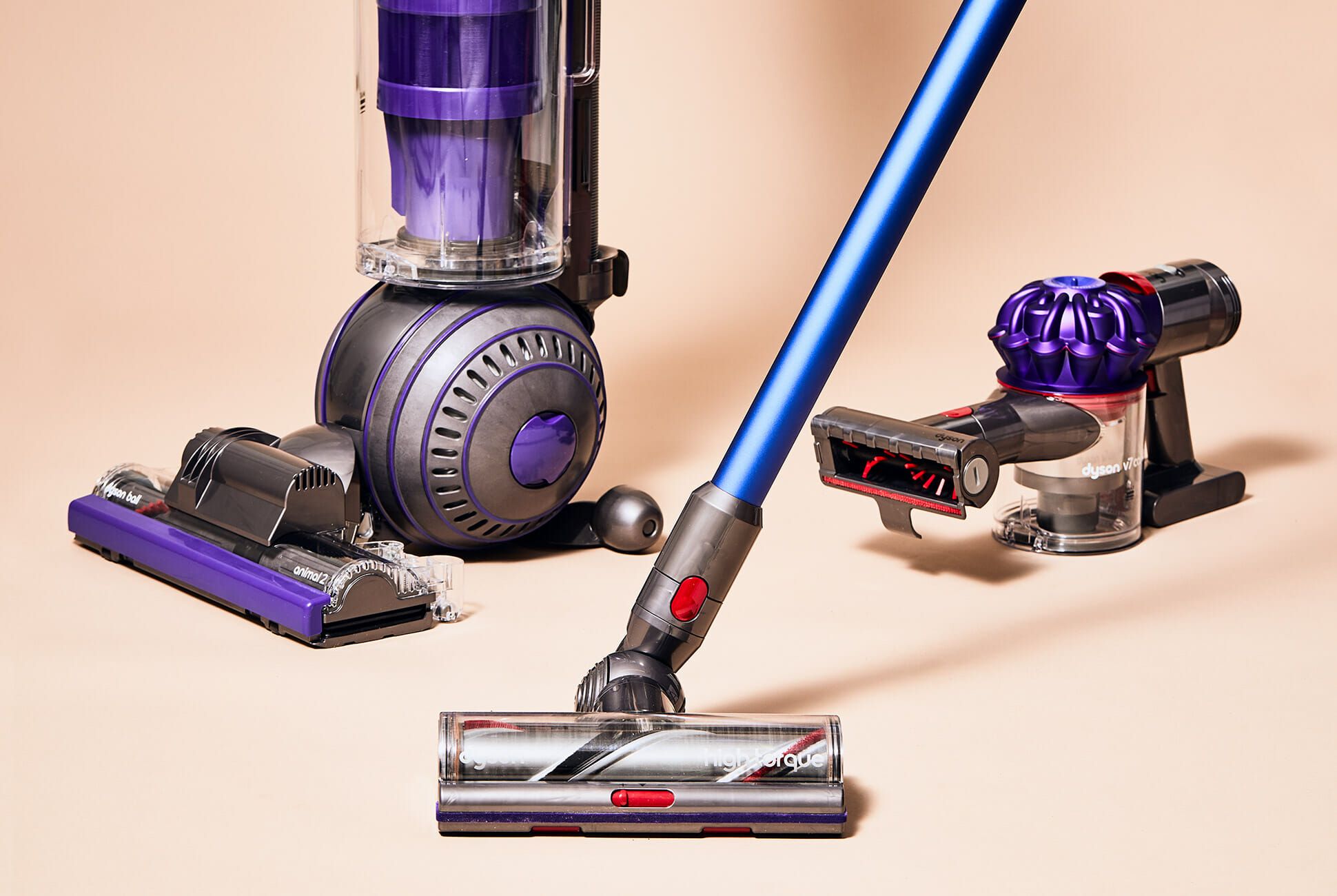
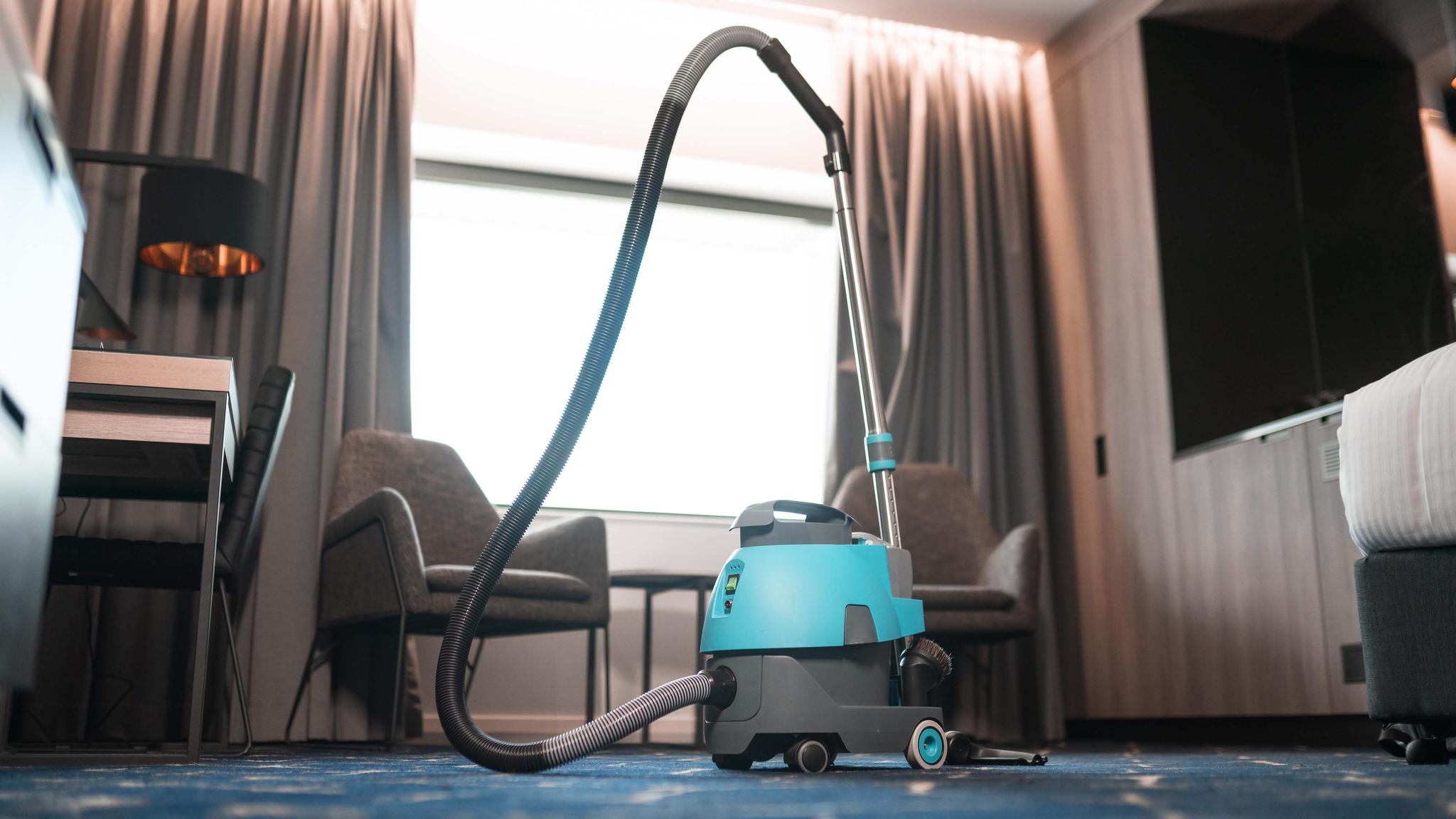
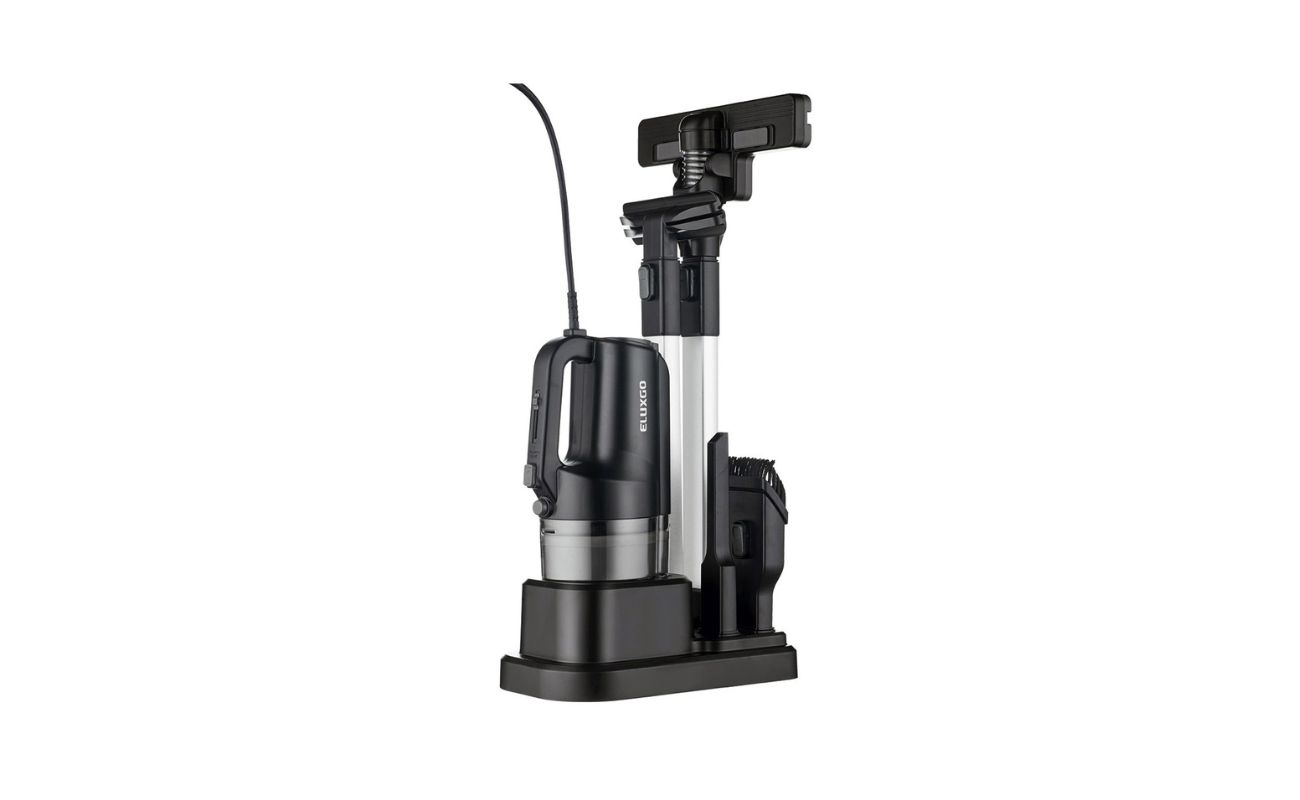
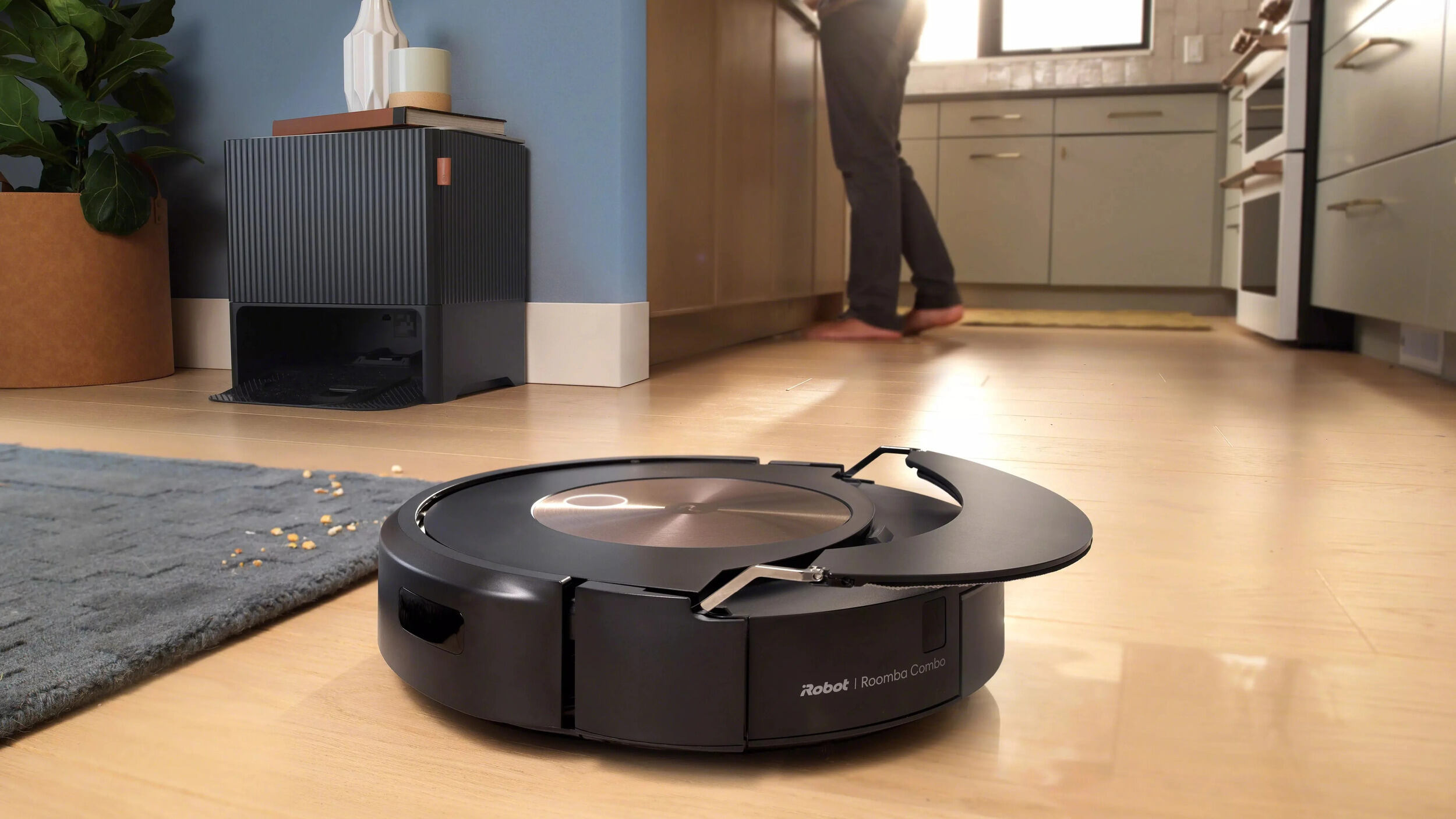
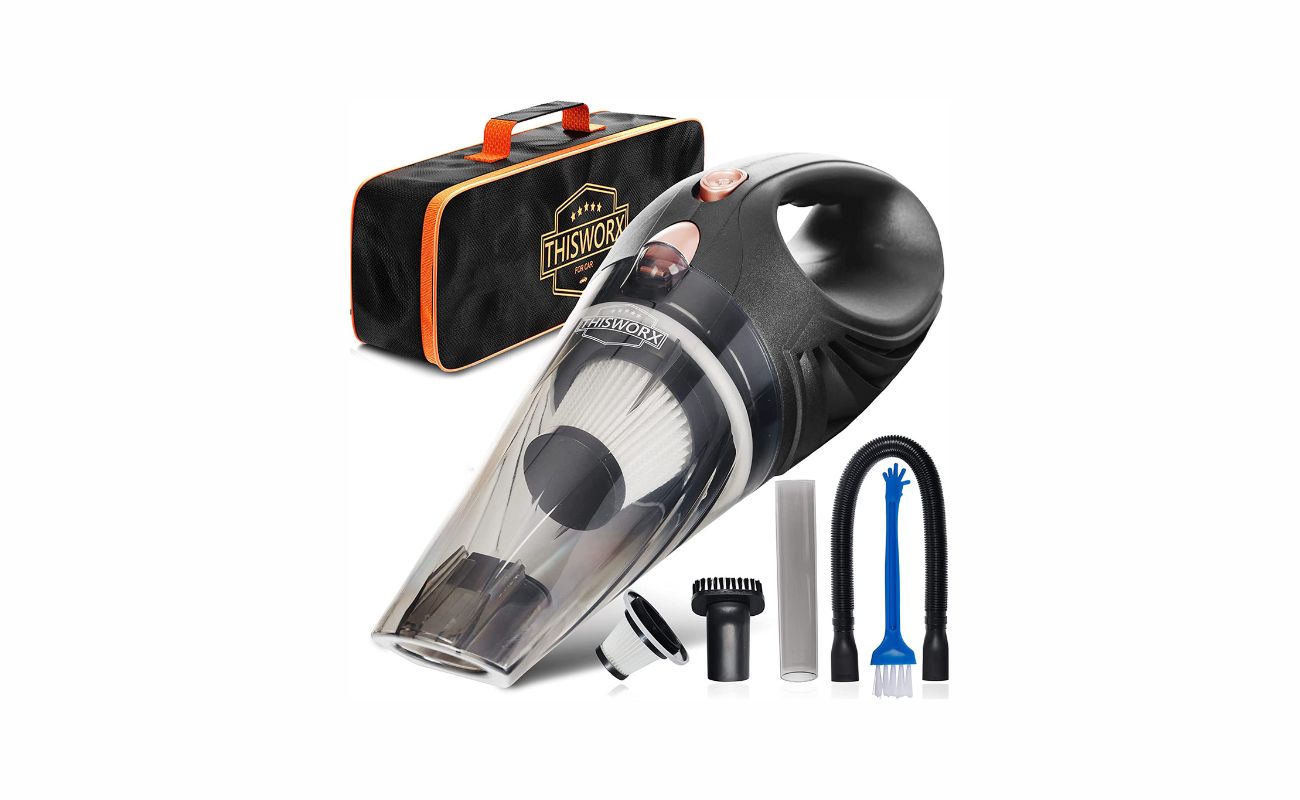
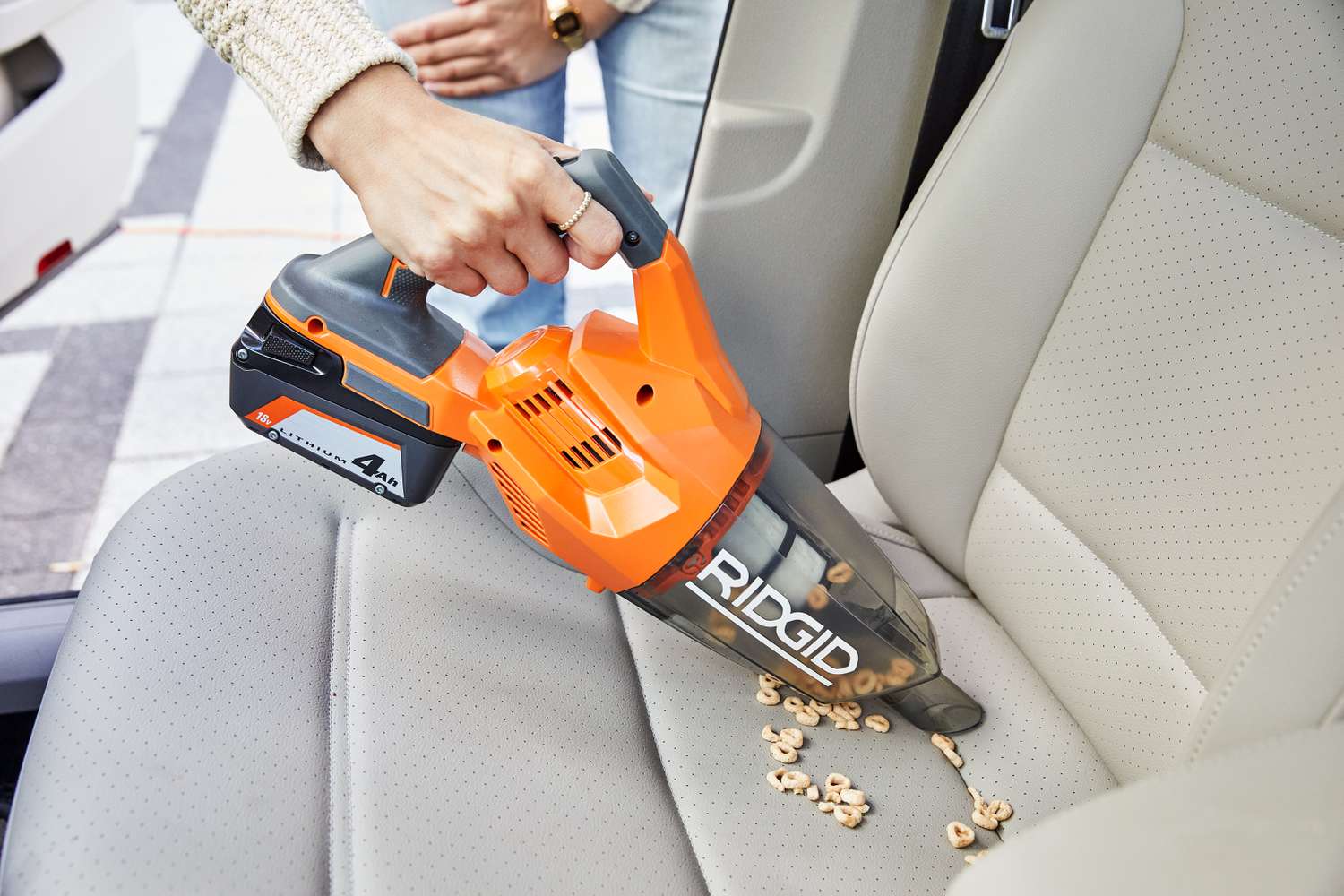

0 thoughts on “What Is A HEPA Filter In A Vacuum Cleaner”